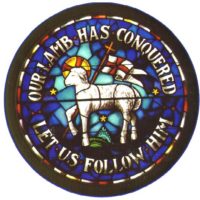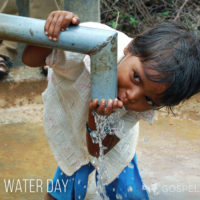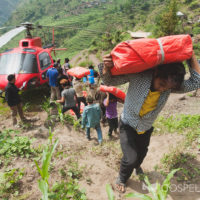BAKERSFIELD, CA — While each step of the supply chain is important, there is none more pressing than delivering through the “Last Mile of Need.” Local churches are innovatively taking the torch where others fall short and feeding the most food-insecure families.
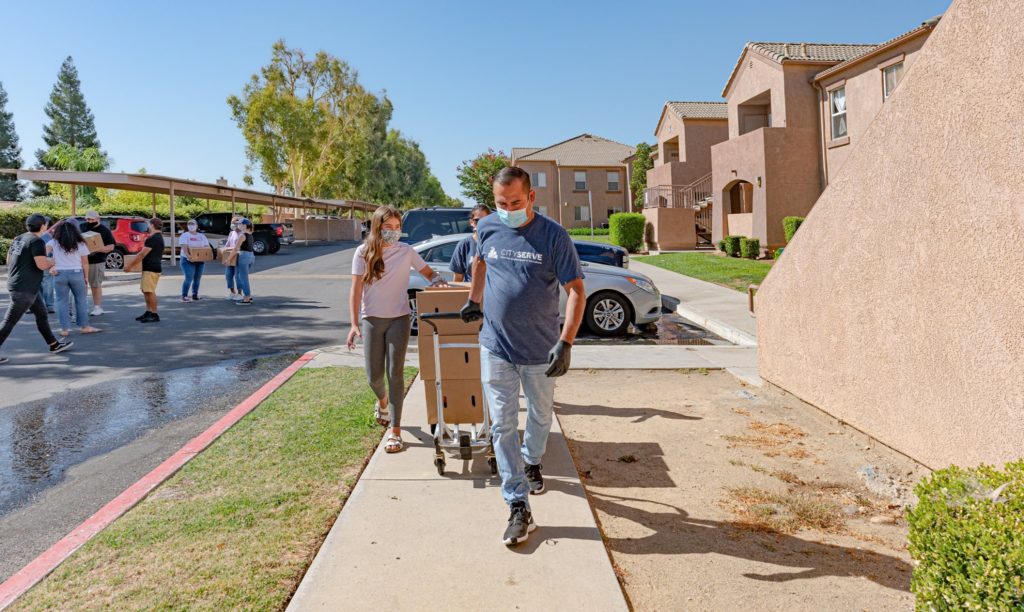
Due to the many challenges of the pandemic we know the health and economic impact of COVID-19 is having a devastating impact on millions of Americans who lack basic necessities in their homes including food, clothes, and essential household items.
Over the past four-plus months as we’ve adjusted to the COVID-19 pandemic, food insecurity has increased in the United States. “Food insecurity for U.S. households last week reached its highest reported level since the Census Bureau started tracking the data in May, with almost 30 million Americans reporting that they’d not had enough to eat at some point in the seven days through July 21.” (Bloomberg). Many have watched the television news coverage of desperate people waiting in long food lines all day for a few boxes of food. However, the story that is rarely shown is of the multitudes of families and individuals residing in the most critical leg of the supply chain—“Last Mile of Need.”
The “Last Mile of Need” Defined
This metaphorical region defines a subgroup of people with food needs that are often unmet for a variety of reasons. The federal government and most nonprofits admit there are significant gaps of unmet need mostly due to limited program capacity. You likely know someone who has fallen between the gaps: the homebound elderly man, the family who cannot afford gas for their already unreliable car, the single mother quarantined with her children, or the college student trapped at home with underlying health conditions. Though government assistance programs and food bank “truck to trunk” events play a vital role, simply put, there is no “Plan B” to serve those living in the gap.
Individuals and families in the “Last Mile of Need” share, but are not limited to, one or more of the following challenges:
- Unable to get to food lines due to health or lack of dependable transportation
- Lack of awareness of available feeding programs
- Household resources are insufficient, but its scarcity is not enough to qualify for assistance
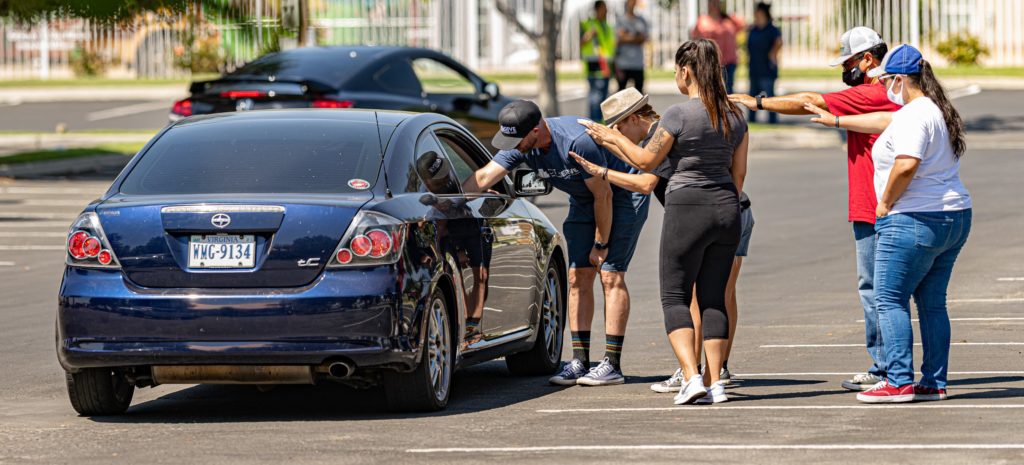
A New Approach: The CityServe Distribution Model
Understanding this challenge, CityServe and its partners came together to meet this need on a national scale. A HUB/POD distribution model has proven most effective in serving families and has surpassed 3 million USDA Farmers to Families food boxes distributed through the “Last Mile of Need.” Suppliers of the program have committed over 3 million food boxes a month to CityServe and its partners to funnel through the distribution model.
The CityServe distribution model is based on a HUB & POD supply chain.
- A CityServe HUB is a church with the capacity and space to be a distribution center of household goods, furniture, and food to local churches, also known as PODs (point of distribution), in its geographical region.
- A POD is a local church in agreement with and trained by CityServe to receive resources from its assigned HUB and meet the needs of its neighborhood with compassionate giving and relationship building.
- In many instances, we’re developing franchised affiliates across different geographical regions who operate in conjunction with the HUB & POD distribution model to eradicate the “Last Mile of Need.”
- There are real costs associated with delivering through the “Last Mile of Need.” When implementing HUBs & PODs, CityServe assumes all transportation and refrigeration expenses, allowing churches to join the collaborative community with no monetary memberships costs or fees.
The Role of the Local Church
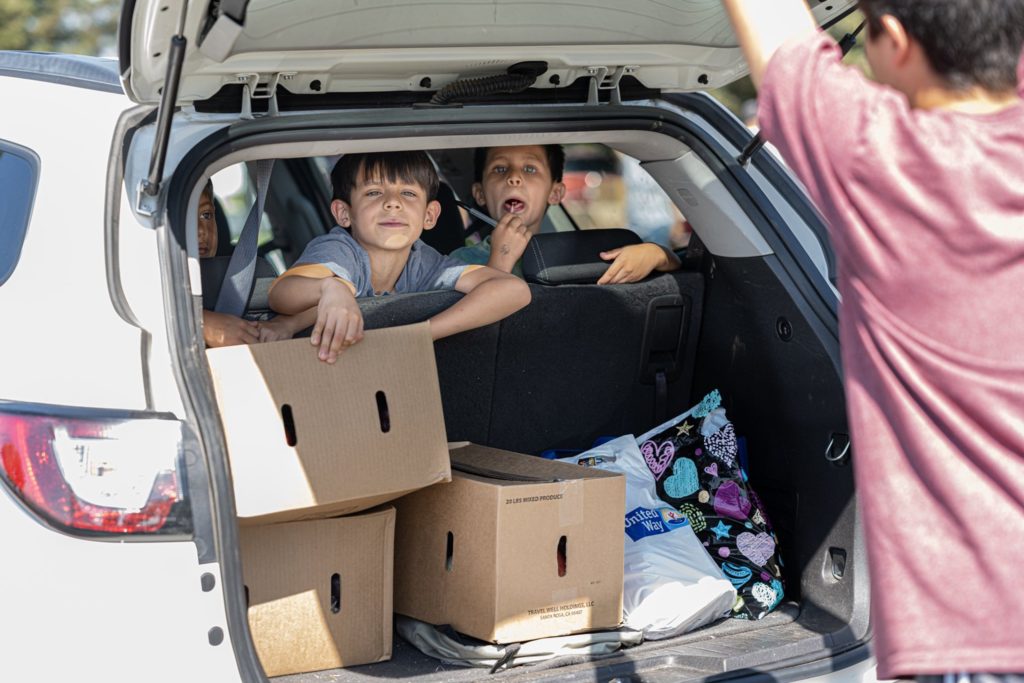
Local churches have a unique ability to fill the gaps because they are in close relationship with their neighbors and most aware of the needs and specific circumstances in their community. They look out for the unseen, forgotten, and left behind. To this end CityServe is focused on delivering to the “Last Mile of Need” by empowering and equipping the local church to fulfill its purpose to overcome despair and transform lives by resourcing them with tangible goods and capacity building.
Alta Vista Assembly of God, a church in the CityServe network located in Bakersfield, CA, shares a story of how they were able to reach a family in the “Last Mile of Need.” They received news of a family with young children whose parents were farm laborers and recently laid off because of the COVID-19 crisis. They were out of work, money, and food. To make matters worse, their 1-year-old baby had tested positive for COVID-19 and now they were quarantined. When church leaders heard about their hardships, they packed up three weeks’ worth of food, diapers, and other household items and delivered them to their front yard gate. The church kept in touch with the family and provided much needed support, including prayer. They were pleased to learn that the baby fully recovered from the virus and all family needs were met over the weeks of quarantine. To this day, the church still connects with the family every week and delivers food boxes. This is just one of the many stories of a church going the extra miles so families living in the last mile are not forgotten.
“Someone’s entire life can be saved by a simple act of kindness,” says church leader Ryan Anderson of Hope Christian Center, as he recalls a story of a man who had reached a dark point of depression. With young children at home, the man was overcome with despair because of a loss of a job and anguish over how to support his family. He was walking down the street contemplating how to take his own life when he saw a church sign that read “FREE FOOD”. That sign represented a hope that he was not alone and that others from the church cared about him and his family.
USDA Farmers to Families Food Box Program
CityServe is currently supporting the U.S. Department of Agriculture (USDA) and their Farmers to Families Food Box Program through the CityServe HUB & POD distribution model. On April 17, 2020, the USDA announced the program as part of the Coronavirus Food Assistance Program developed to help farmers, ranchers, and consumers in response to the COVID-19 national emergency. The USDA approved $3 billion in contracts to suppliers for meat, produce, and dairy packaging and distribution to food banks, nonprofit and faith-based organizations.
“The Farmers to Families Food Box Program was designed to put American farmers and distributors of all sizes back to work while supporting over-burdened food banks, community, and faith-based organizations, and other non-profits serving Americans in need, and the program is doing just that,” said Agricultural Secretary Perdue. “It’s encouraging to see the passion with which farmers, distributors, and nonprofits have gone above and beyond to make this program work in support of the American people.”
On July 24th, the USDA announced it had reached a momentous milestone of distributing more than 46 million food boxes through the Farmers to Families Food Box Program.
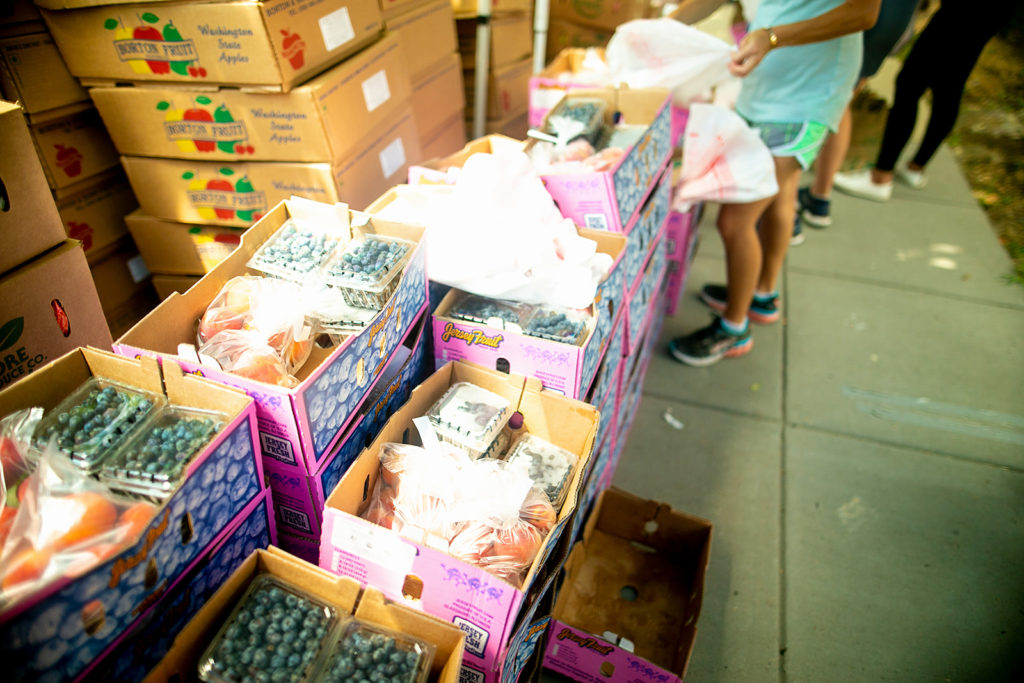
Faith-Based Community
Recently, we have begun partnering with other faith-based groups to coordinate with the USDA Farmers to Families Food Box distribution program. CityServe is facilitating the Faith-Based Community in support of Farmers to Families which also includes World Vision, Convoy of Hope, Citygate Network, The Dream Center Network, Teen Challenge, Mercy Chefs, God’s Pit Crew, Victory Churches, and other faith-based organizations.
Reporting Numbers
The Faith-Based Community in support of Farmers to Families has played an essential role in delivering food through the “Last Mile of Need.”
- HUBs within the Faith-Based Community = 348
- USDA-approved suppliers collaborating with the Faith-Based Community for food box distribution = 33
- Food boxes distributed since program launch = 3 million+
- Food boxes committed each month to Faith-Based Community = 3 million+
Food box commitments to the Faith-Based Community continue to increase weekly as the HUB & POD distribution model proves most effective in reaching the most vulnerable to food insecurity. With support from the White House and the USDA the network provides an unparalleled establishment of churches and faith-based organizations that are committed to helping people who need it the most.
To find out how you can get involved from a church, corporate, community or on an individual level visit us online at www.CityServe.us to deliver critical items to those in need and help offer a sense of hope for a more secure life. You can also get more information by calling us at 661-371-2650.
Additional information on the Farmers to Families Food Box Program, including webinars and FAQs, is available at https://www.ams.usda.gov/selling-food-to-usda/farmers-to-families-food-box
CONTACT: Crissy Cochran, 661-472-7305, crissy@cityserve.us
Read more news on Christian Ministry and the COVID-19 Pandemic on Missions Box.
GFA’s Statement About Coronavirus
Sources: CityServe, Official Website

